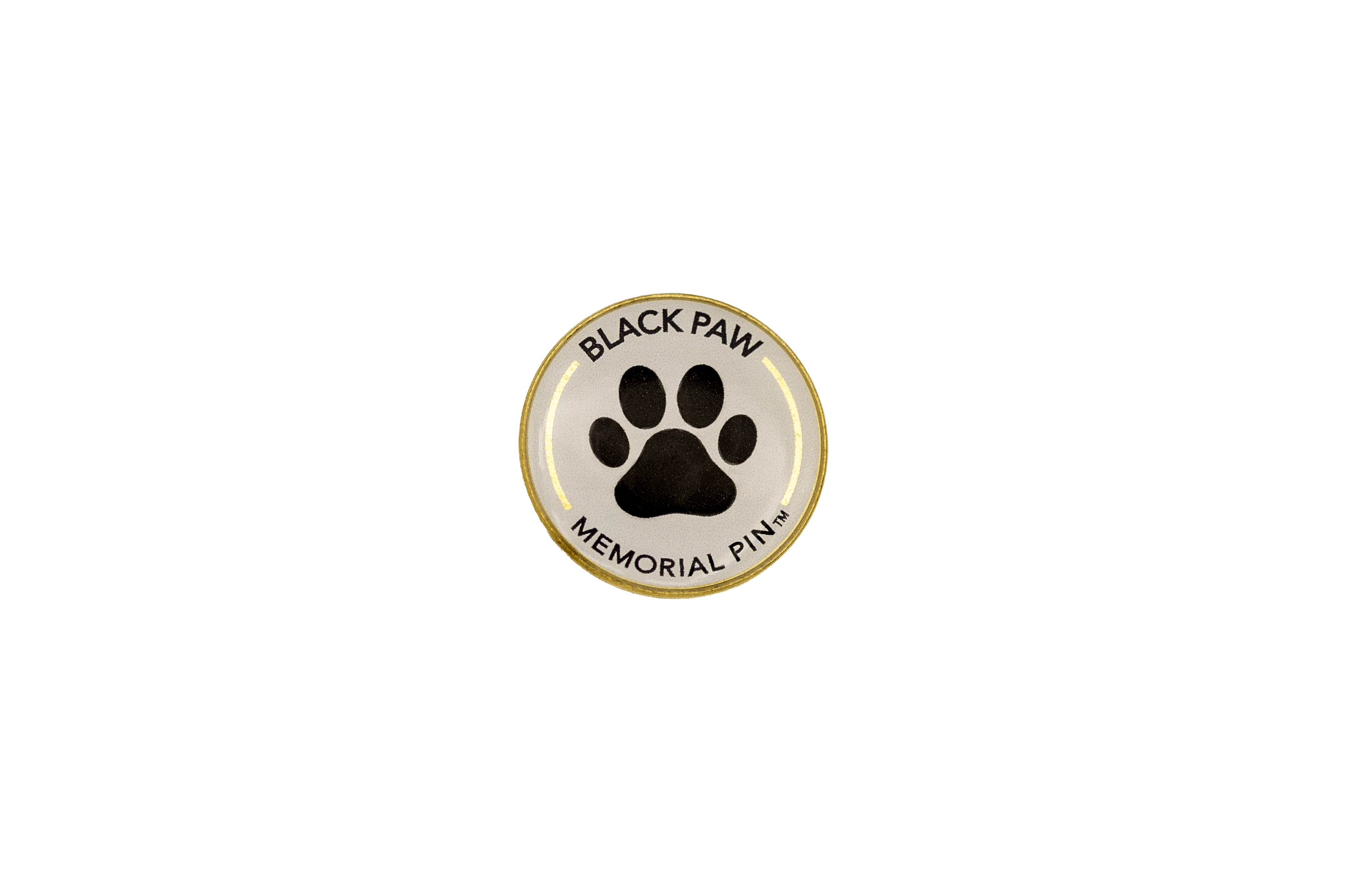Losing a beloved pet can be an incredibly difficult experience for anyone, but for older adults who are alone, the loss can be particularly challenging. Pets often provide companionship, emotional support, and a sense of purpose, making their absence deeply felt. In this blog post, we will explore how older adults who are alone deal with the loss of a pet and offer some strategies for coping with grief and finding comfort.
Why are pets so important to older adults?
Pets play a vital role in the lives of older adults. They offer unconditional love, companionship, and a reason to stay active and engaged. For many older adults, pets become like family members, providing a sense of purpose and routine. Pets can also help reduce stress, lower blood pressure, and alleviate feelings of loneliness and depression.
Understanding the grief of losing a pet
The loss of a pet can evoke intense grief and sadness. Older adults who are alone may experience a deep sense of emptiness and loneliness after the death of their pet. It is important to recognize that the grief experienced after losing a pet is real and valid. It is not uncommon for older adults to mourn their pets as deeply as they would mourn the loss of a human loved one.
Coping strategies for older adults
1. Seek support: Reach out to friends, family, or support groups who can offer understanding and empathy during this difficult time. Sharing your feelings and memories of your pet can be cathartic.
2. Create a memorial: Consider creating a special memorial for your pet, such as a photo album, a scrapbook, or a garden stone. This can help honor their memory and provide a tangible way to remember them.
3. Establish a routine: Pets often provide structure and routine in our lives. Without them, it can be helpful to establish new routines and activities to fill the void. This could include volunteering, taking up a new hobby, or joining a club or group.
4. Consider a new pet: While no pet can replace the one you lost, opening your heart to a new furry companion can bring joy and companionship back into your life. Before adopting a new pet, make sure you are emotionally ready and able to provide the care they need.
Seeking professional help
If you find that your grief is overwhelming and affecting your daily life, it may be beneficial to seek professional help. Therapists or counselors experienced in pet loss can provide guidance and support as you navigate through your grief.
Remember, it is okay to grieve the loss of a pet. Take the time to honor their memory and allow yourself to heal. With time, patience, and support, you can find comfort and peace in the midst of your loss.

